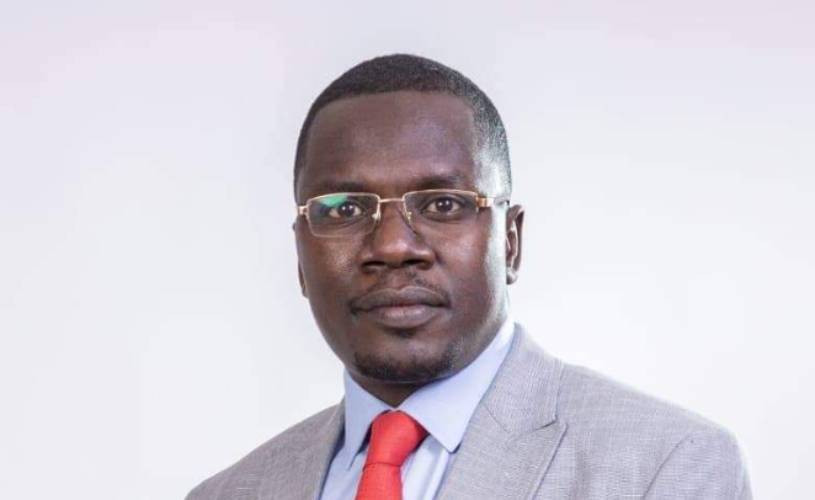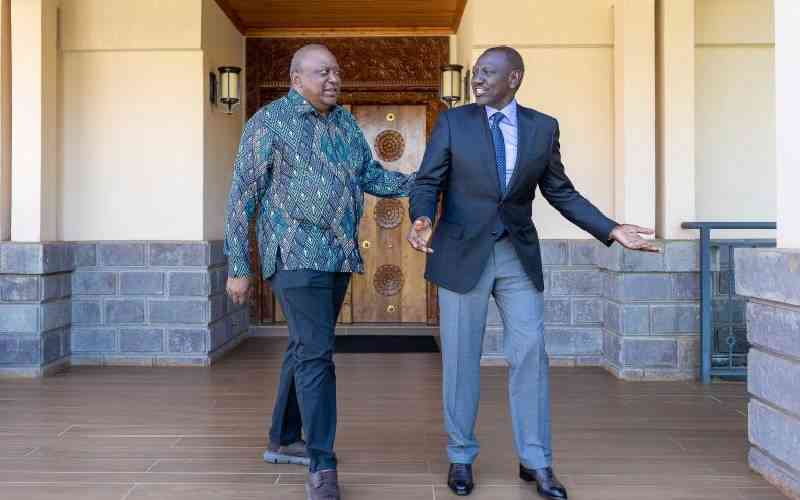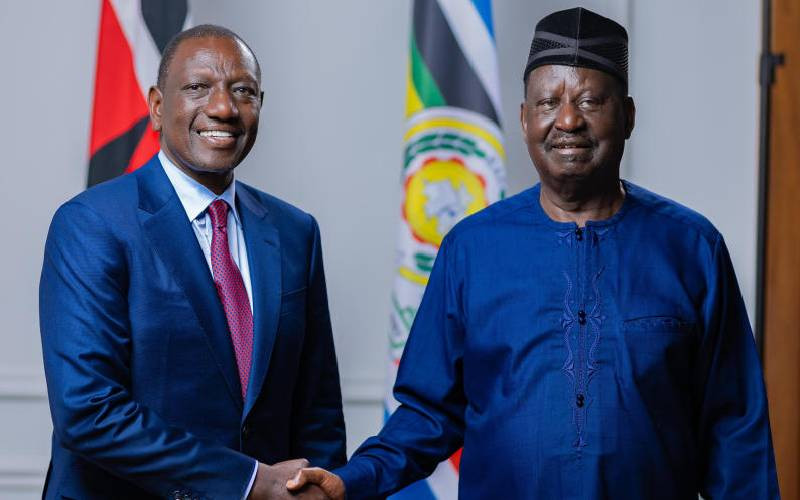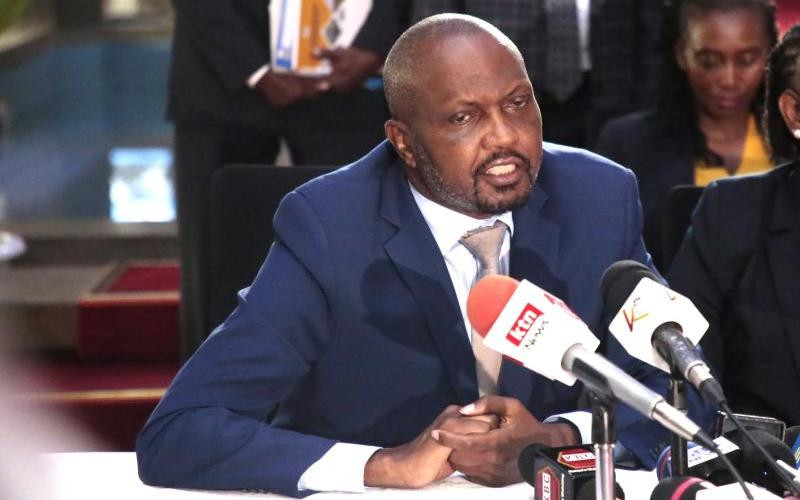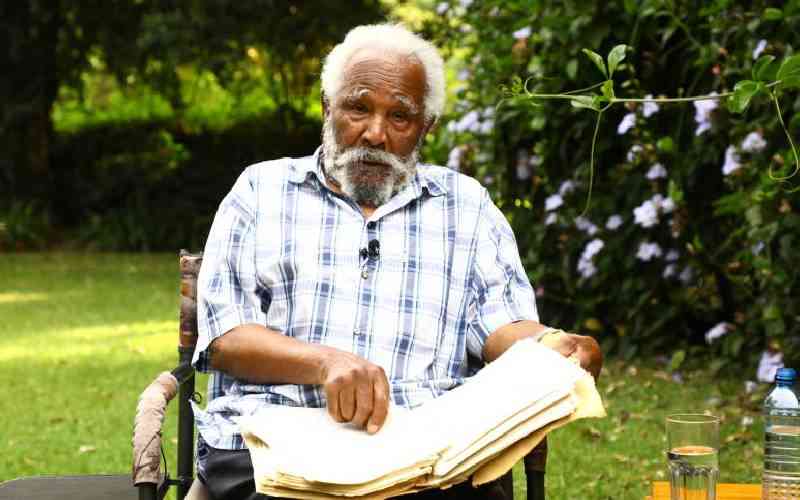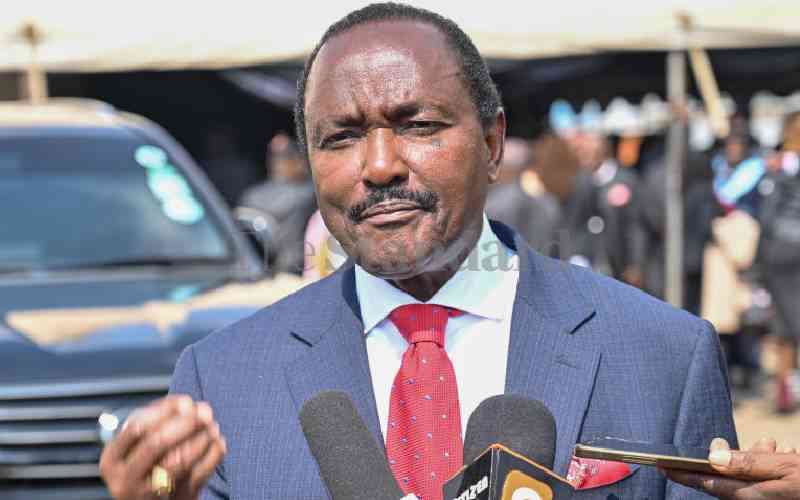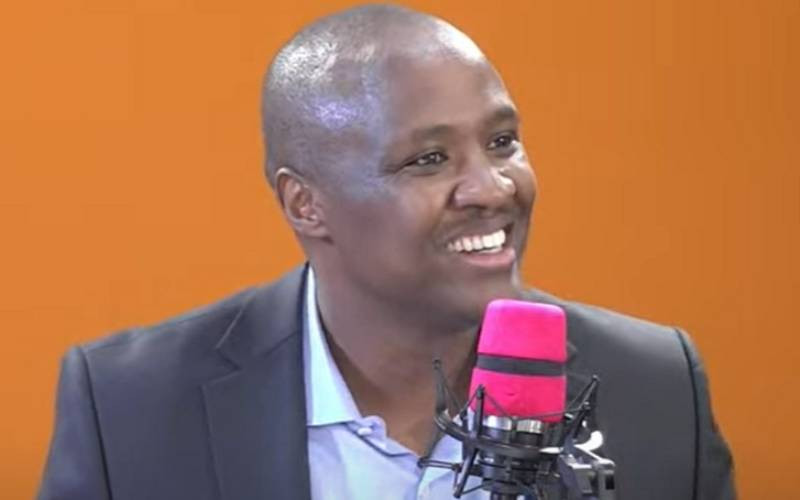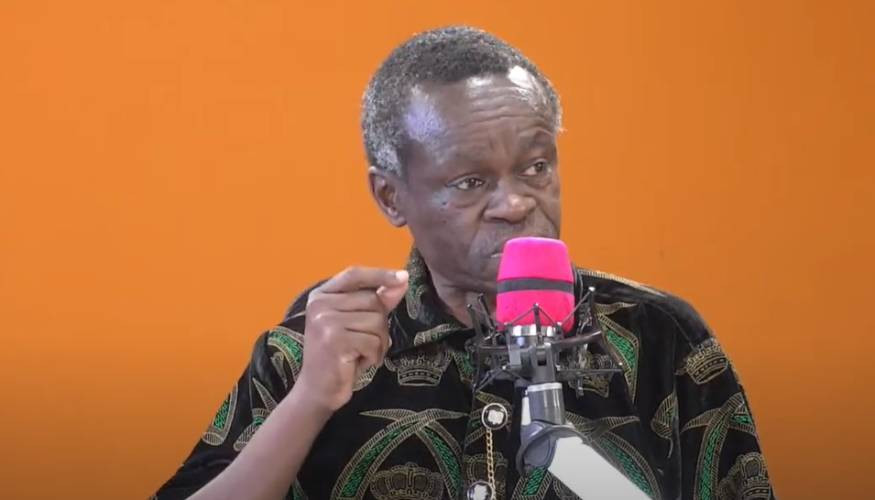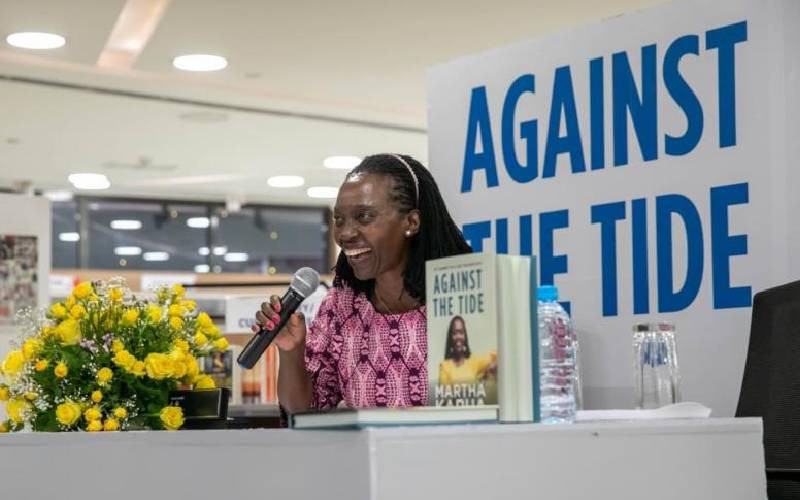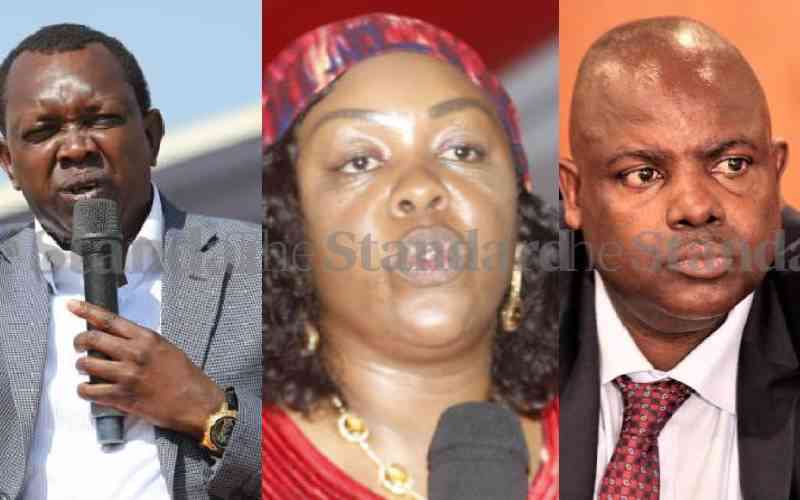
Despite their vocal presence in public events, some Members of Parliament (MPs) have starkly contrasting records in Parliament according to the latest Mzalendo Parliamentary Scorecard, which analysed parliamentary contributions from August 2023 to November 2024.
While many MPs dominate harambees, church services, and burials with fiery speeches, a surprising number have not uttered a word in the National Assembly or Senate.
The scorecard, based on Hansard records, found that 19 MPs in the National Assembly and three Senators remained entirely silent during plenary debates, raising questions about their representation of constituents' views on critical issues.
Among the silent MPs are notable figures like Oscar Sudi (Kapseret), George Aladwa (Makadara), and Irene Njoki (Bahati).
The MPs, known for their outspoken nature in public, have failed to engage in parliamentary debates, which forms a key part of their mandate. Others, including Mathias Robi (Kuria West) and Paul Abuor (Rongo), represent constituencies grappling with urgent issues like youth unemployment, poverty, and inadequate social services.
In the Senate, the least vocal members included Issa Boy (Kwale), Betty Batuli, and Shakilla Mohamed, both nominated Senators. Their silence sharply contrasts with the active legislative contributions of peers like Samson Cherargei (Nandi) and Eddy Oketch (Migori).
The silence of the MPs becomes even more ironic when contrasted with the pressing challenges their constituents face. In Kuresoi South and Kuresoi North, for instance, poverty and post-election disputes remain rampant. In Tarbaj, residents struggle with food insecurity and lack of resources. In Hamisi and Sabatia, youth unemployment and poor infrastructure are everyday realities.
Instead of addressing these issues in Parliament, many of these MPs focus their energies on public gatherings, where their speeches are often heavy on rhetoric but light on actionable solutions, as expected at the floor of the house.
Their failure to speak in Parliament deprives their constituents of a voice in critical national debates, from budget allocations to healthcare and education reforms.
The scorecard, equally, lists a few MPs who have stood out for their active participation in parliamentary debates. Wilberforce Oundo (Funyula), Beatrice Elachi (Dagoretti North), and James Nyikal (Seme) are among the most vocal.
Their contributions have tackled a wide range of issues, from healthcare reforms and climate change policies to financial accountability.
For instance, Oundo advocated for the National Disaster Risk Management Bill and raised concerns about challenges in accessing university registration.
Elachi pushed for better healthcare coverage for school children and supported the Assisted Reproductive Technology Bill while Nyikal focused on cancer prevention and stressed the need for fair payment of medical interns.
In the Senate, vocal legislators like Samson Cherargei and Eddy Oketch have sponsored bills and advocated for better resource allocation to counties.
The scorecard also revealed a broader issue; poor attendance and lack of quorum in Parliament. In the National Assembly, 25 per cent of sittings were adjourned due to insufficient numbers, while the Senate faced similar challenges, with 15 per cent of sittings unable to proceed.
Participation in parliamentary debates is not the sole measure of an MP’s effectiveness, as noted by Mzalendo.
However, it remains a crucial aspect of their responsibilities. MPs are elected to voice the concerns of their constituents and influence national policy. Silence in Parliament, especially when compared with vocal public appearances, undermines this mandate.
 The Standard Group Plc is a multi-media organization with investments in media platforms spanning newspaper print
operations, television, radio broadcasting, digital and online services. The Standard Group is recognized as a
leading multi-media house in Kenya with a key influence in matters of national and international interest.
The Standard Group Plc is a multi-media organization with investments in media platforms spanning newspaper print
operations, television, radio broadcasting, digital and online services. The Standard Group is recognized as a
leading multi-media house in Kenya with a key influence in matters of national and international interest.

